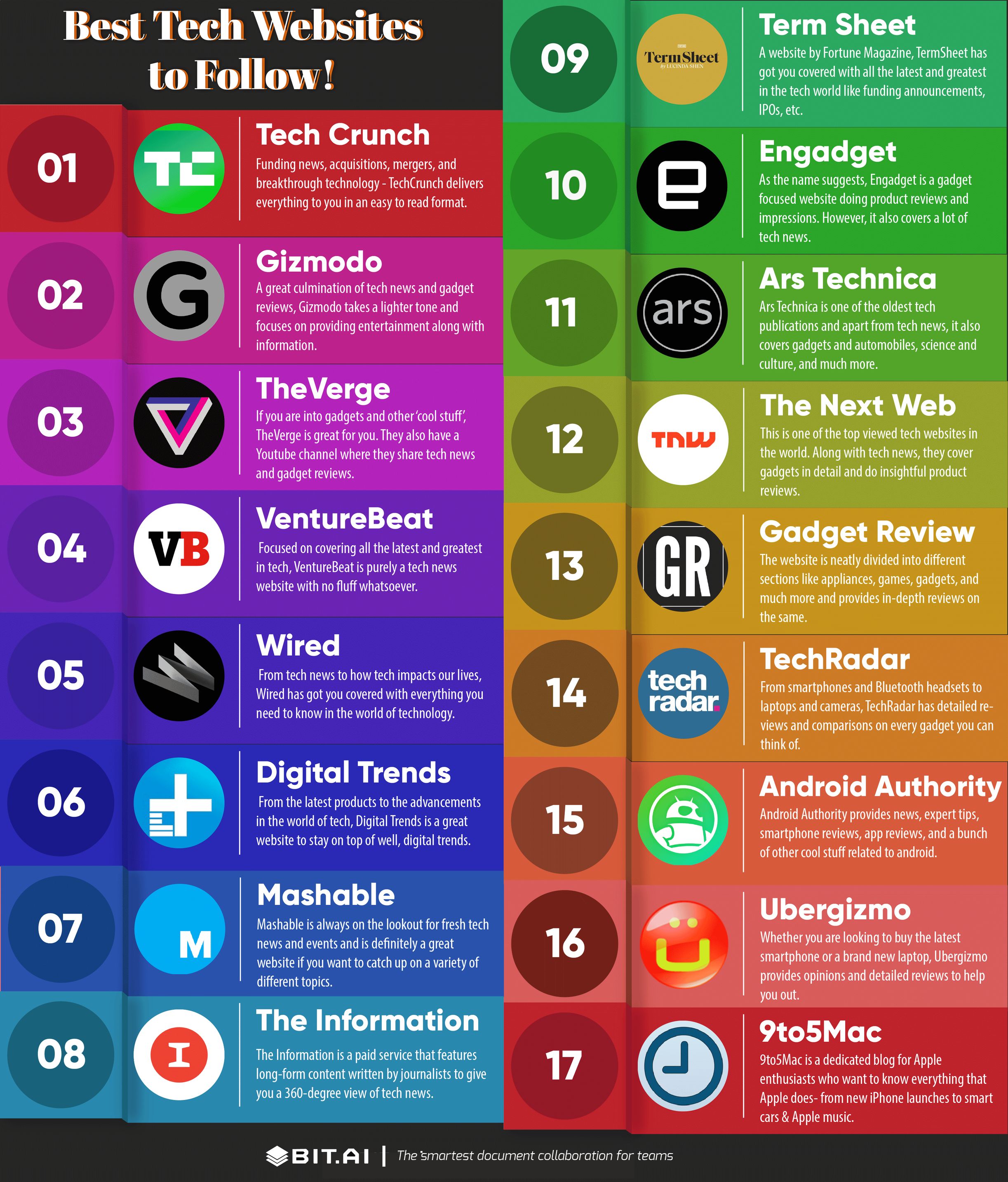Uncover Hidden Treasures in the Industry with the Best tech blog Suggestions
Uncover Hidden Treasures in the Industry with the Best tech blog Suggestions
Blog Article
How Blockchain Modern Technology Is Revolutionizing Information Safety
Blockchain modern technology is basically changing the landscape of information safety by introducing a decentralized structure that guarantees improved openness and strength. Unlike conventional systems, which depend on centralized information repositories, blockchain distributes information across a network, decreasing susceptabilities and solitary points of failing. The usage of sophisticated cryptographic strategies makes certain that information continues to be tamper-proof, fostering trust among stakeholders and customers.
The Basics of Blockchain
Blockchain technology, a cutting edge principle in electronic information management, essentially changes how details is stored and safeguarded. At its core, a blockchain is a distributed ledger that tapes deals throughout a network of computer systems, guaranteeing openness and immutability.
Secret to recognizing blockchain is the hashing process, which encrypts purchase data into a distinct alphanumeric code. This cryptographic feature makes certain that any kind of modification in the deal data causes a completely different hash, therefore securing versus meddling. The consensus device, one more vital component, confirms and validates new purchases through a network of nodes, thus eliminating the requirement for a central authority.
Additionally, blockchain's append-only structure makes sure that data, when included, can not be erased or changed. This particular warranties a verifiable and permanent record of transactions, fostering trust fund among individuals. Therefore, blockchain supplies a durable framework for data stability, using sectors a trustworthy approach for tracking and managing digital details in a safe, clear manner.
Decentralization and Protection
Decentralization, a core concept of blockchain technology, dramatically improves information protection by dispersing control throughout a network rather than relying on a particular, centralized entity. By distributing information across many nodes, blockchain guarantees that even if one node is jeopardized, the entire network remains protected.

Moreover, decentralization equips customers with better control over their data. Each participant in the network has access to the entire blockchain, allowing them to confirm and audit purchases separately. This transparency promotes count on amongst users, as they do not have to count on a main authority to ensure data integrity. Overall, decentralization is important in enhancing information protection in blockchain networks.

Cryptographic Methods
At the heart of blockchain innovation, cryptographic methods play a pivotal duty in guarding data, guaranteeing both privacy and integrity. Cryptography in blockchain uses a combination of asymmetric and symmetrical algorithms to encrypt information, making it available just to accredited celebrations.
Hash features are another critical component, changing input data right into a fixed-size string of personalities, successfully developing a special electronic finger print for each block. This makes sure that any kind of attempt to change the information will lead to a completely different hash, thus keeping the immutability of the blockchain. Digital signatures verify the credibility and integrity of transactions, supplying a layer of non-repudiation.
The decentralized nature of blockchain, integrated with robust cryptographic strategies, eliminates the demand for middlemans, decreasing prospective susceptabilities. As blockchain innovation develops, advancements in cryptography such as zero-knowledge evidence and homomorphic file encryption proceed to enhance security actions, additionally fortifying data protection in this advanced electronic ledger system.
Use Cases Across Industries

In the medical care sector, blockchain makes certain the secure storage and sharing of client records, promoting interoperability while securing delicate data from unauthorized access. This technology encourages clients with control over their case history and assists in seamless control amongst doctor.
Supply chain management advantages significantly from blockchain's immutable ledger, which ensures traceability and credibility of products from beginning to consumer. By improving openness, blockchain aids alleviate problems such as counterfeiting and unethical sourcing.
Additionally, blockchain's decentralized nature is improving the power industry by making it possible for peer-to-peer energy trading, where consumers can deal excess eco-friendly energy directly. This cultivates a more reliable and sustainable power environment.
In the world of intellectual property, check my blog blockchain gives a tamper-proof system for creators to register and shield their works, making certain rightful attribution and fair settlement. These diverse usage cases highlight blockchain's function as a crucial force in redefining information security throughout sectors.
Future of Data Defense
As we want to the future of data protection, blockchain technology is poised to play a pivotal duty in protecting digital details. With its decentralized and unalterable qualities, blockchain supplies a durable structure for securing delicate data against unauthorized access and cyber dangers. This modern technology makes certain that when information is tape-recorded, it is nearly impossible to modify without discovery, therefore giving a considerable benefit over typical data storage space methods.
The assimilation of blockchain with other advanced technologies, such as expert system and the Net of Things (IoT), is anticipated to enhance information security strategies better. By leveraging wise agreements, companies can automate and implement safety and security procedures, reducing human mistake and boosting effectiveness. Additionally, blockchain's ability to offer deducible and clear deals will certainly strengthen trust and accountability in information management techniques.
As governing landscapes advance, blockchain's compliance-friendly nature will become progressively relevant. It can help organizations meet this link rigid information security regulations, such as the General Data Defense Regulation (GDPR) and the California Customer Personal Privacy Act (CCPA), by giving proven documents of data processing tasks. Eventually, blockchain's one-of-a-kind features position it as a transformative tool in the recurring quest to protect the digital globe versus ever-evolving cyber risks.
Verdict
Blockchain technology stands for a paradigm change in data safety and security by leveraging decentralization and cryptographic methods to improve transparency, trust fund, and information honesty. Its capability to remove solitary points of failing and utilize agreement devices substantially lowers the risk of fraudulence and cyberattacks. This cutting-edge framework not only empowers individuals with greater control over their information however likewise lines up with regulatory conformity. As cyber hazards evolve, blockchain emerges as an important tool for durable data protection across various sectors.
Blockchain modern technology is basically changing the landscape of information safety and security by presenting a decentralized framework that guarantees boosted transparency and resilience. Unlike typical systems, which count on central data repositories, blockchain distributes data across a network, reducing susceptabilities great site and solitary points of failure.Decentralization, a core concept of blockchain innovation, substantially improves data safety by dispersing control across a network rather than relying on a singular, centralized entity.At the heart of blockchain innovation, cryptographic methods play a pivotal function in guarding data, ensuring both confidentiality and stability.Blockchain modern technology stands for a standard change in information protection by leveraging decentralization and cryptographic techniques to boost transparency, count on, and information stability.
Report this page